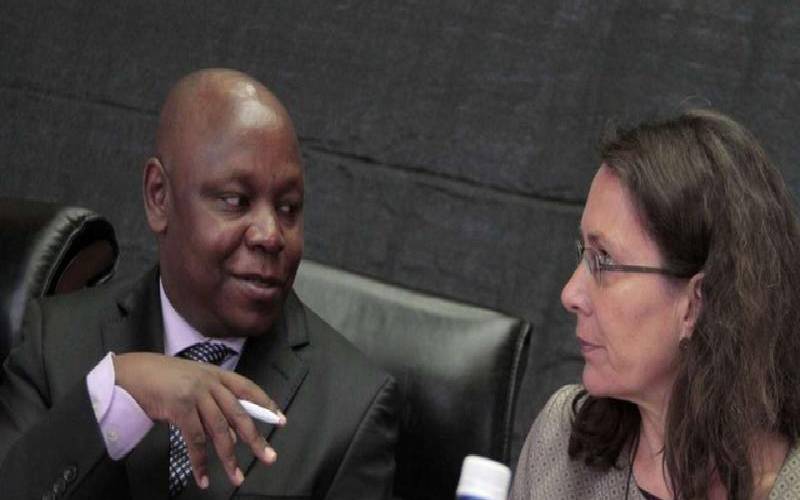×
The Standard e-Paper
Home To Bold Columnists

Lawyer Paul Gicheru, who is suspected of corruptly influencing court witnesses in Kenya in 2013, at the ICC earlier this month. [File, Standard]
The number of Kenyan lawyers accredited to practice at the International Criminal Court (ICC) has almost tripled in the last seven years.